How a Russian strategy game where you can marry a frog or a zombie became a classic
King's Bounty: The Legend kept the Might and Magic dream alive.
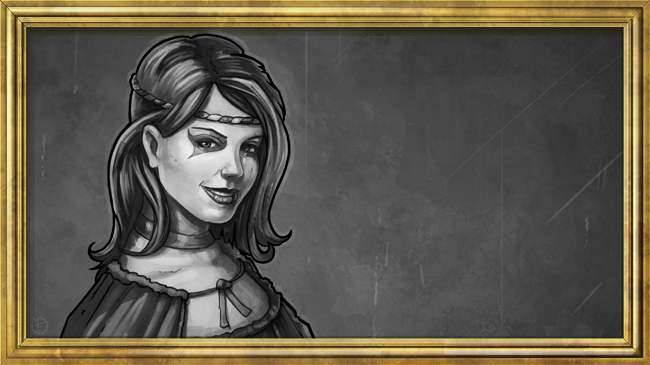
It is a truth universally acknowledged that Heroes of Might and Magic 3 is not only one of the best PC strategy games ever made, but one of the best games period, perfectly capturing the magic of building castles and battling fantasy armies. Unfortunately 3DO filed for bankruptcy soon after producing the disappointing fourth entry in the series in the early 2000s, taking New World Computing, the developers of Might and Magic, with them. Ubisoft swooped in to take over, and would then go on to produce increasingly mediocre sequels.
But fortunately for us, in 2008 King's Bounty: The Legend came from Russia, with love.
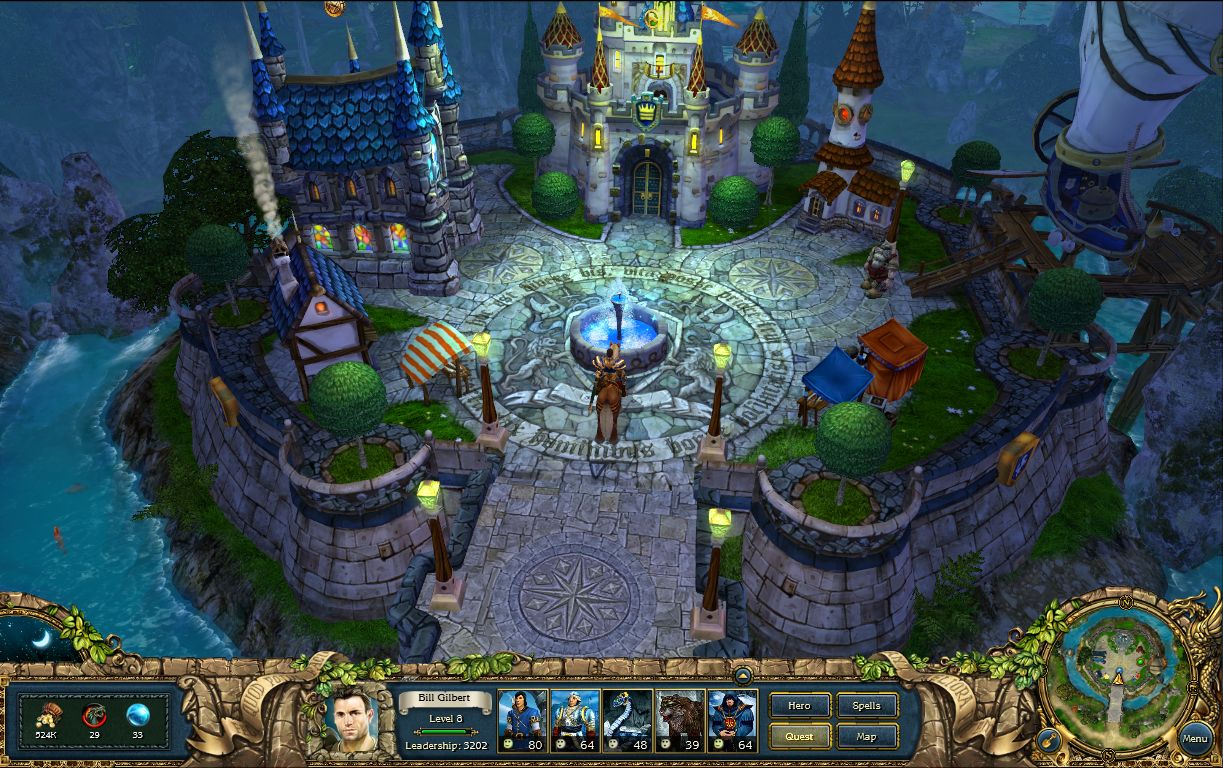
King's Bounty: The Legend was actually a reboot of the 1990 precursor to the Heroes of Might and Magic series, the original King's Bounty. It had laid down the template, combining turn-based tactical combat with stacks of dozens and even hundreds of units battling on a hex-grid map, as well as managing resources and raising armies via a strategic overland map filled with treasures and enemies.
That campaign easily stretches over 50 hours, with dozens of side quests and a gigantic world map sectioned off into a nice variety of locations, such as an undead-infested swamp with an earl who keeps trying to turn frogs into princesses
King's Bounty was developed by New World Computing just as their Might and Magic RPG series was just beginning to pick up steam. In the mid 90s, they took the main concepts from King's Bounty and adapted them into the Might and Magic universe, creating the Heroes of Might and Magic series. The original King's Bounty was reduced to a quaint acknowledgement mentioned in passing in the Heroes 3 rulebook.
"The King's Bounty name was forgotten long ago," says Nikolay Baryshnikov, head of games at 1C Company. "I had the idea to revive it and restore its previous glory. I actually came up with the name for King’s Bounty: The Legend." (Prior to that it had the working title 'Battle Lord'.)
A decade ago Baryshnikov was leading 1C Company's international publishing division, and hadn't been paying much attention to the drama surrounding the Might and Magic brand. They had recently published Space Rangers 2 from fellow Russian developer Katauri Interactive, and were excited about making a third entry. "It seemed logical to make Space Rangers 3—fans were requesting it," says Baryshnikov. "So of course we decided to make a new King's Bounty title instead!"
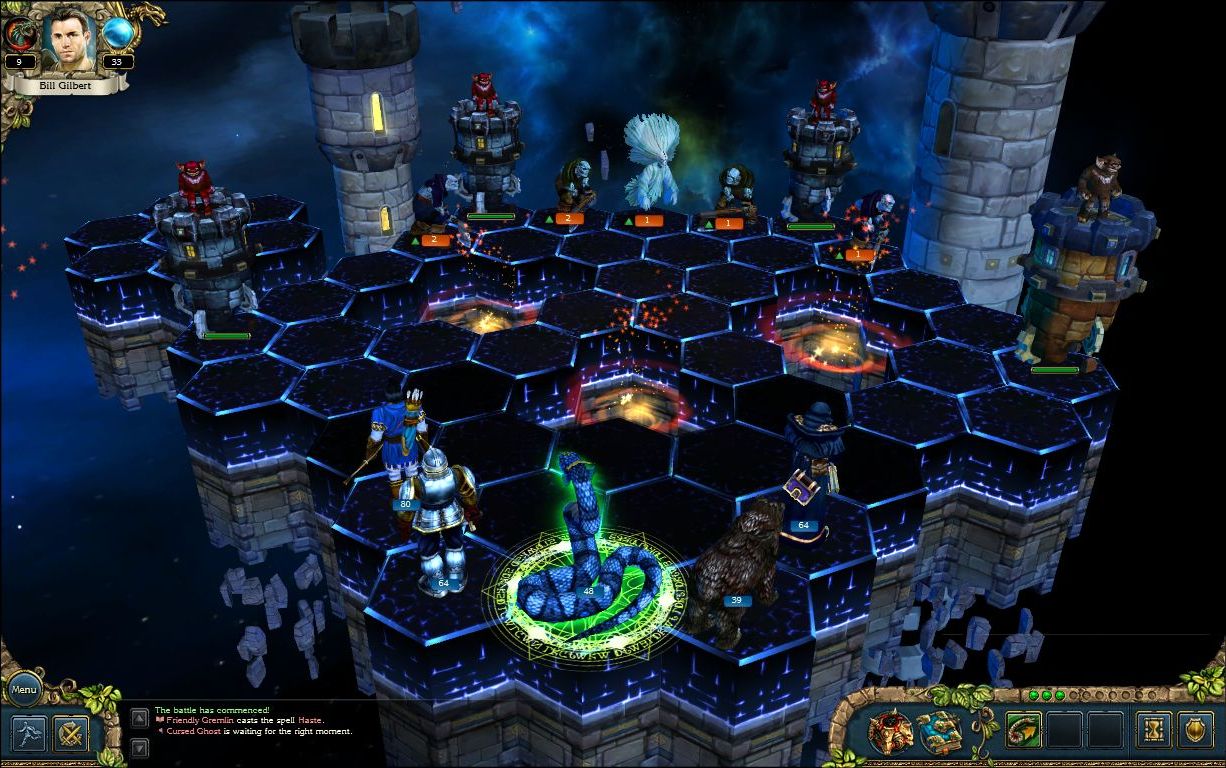
Katauri Interactive had grown tired of making space games and wanted to flex their fantasy muscles. "After looking at the initial game design, we realized that it was somewhat similar to the old King's Bounty," says Baryshnikov. "This immediately motivated me to get the IP rights."
The biggest gaming news, reviews and hardware deals
Keep up to date with the most important stories and the best deals, as picked by the PC Gamer team.
The turn-based, hex-grid combat in King's Bounty: The Legend remains largely the same as the Heroes of Might and Magic series, though with a greater emphasis on individual tactics. Almost every unit in the game has access to several different active abilities as well as passive traits and stats, so learning every unit's strengths and capabilities becomes richly strategic and rewarding.
King's Bounty: The Legend separates itself from its siblings with a focus on a single, giant campaign with character progression and skills. It's less turn-based strategy, more RPG with turn-based combat. That campaign easily stretches over 50 hours, with dozens of side quests and a gigantic world map sectioned off into a nice variety of locations, such as an undead-infested swamp with an earl who keeps trying to turn frogs into princesses, and an archipelago where I wooed the pirate heroine by defeating the kraken.
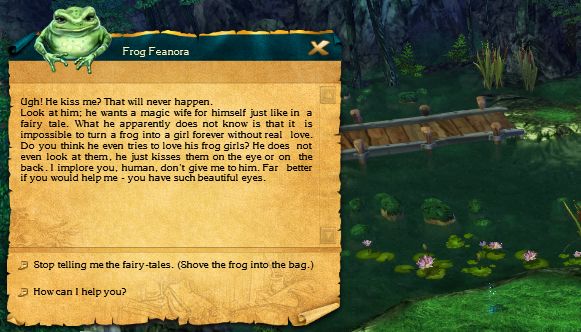
Instead of managing cities and building creature-producing dwellings, my chosen hero, either a warrior, paladin, or mage, has to carefully manage gold and purchase forces from various locations discovered on the world map. The starting castle offers peasants and swordsmen, while a pirate den has, well, pirates.
Then there's the unforgettable side quest where a man admits to zombifying his wife, leaving me with the option to purchase said wife
Take too many losses after a string of battles and the mage's tower may run out of archmages completely, forcing me to switch up my strategy and adapt to a different army composition. "I loved the randomness of the game," says Baryshnikov. "It constantly pushed you to use a different army set and experiment with new troops and abilities, as opposed to just using Black Dragons all the time."
The Black Dragon comment is a reference to the uber unit of the Heroes of Might and Magic series. But where in those games I would hire half a dozen or more heroes to run around the map, King's Bounty keeps the action focused on a single hero who grows in power over a lengthy adventure.
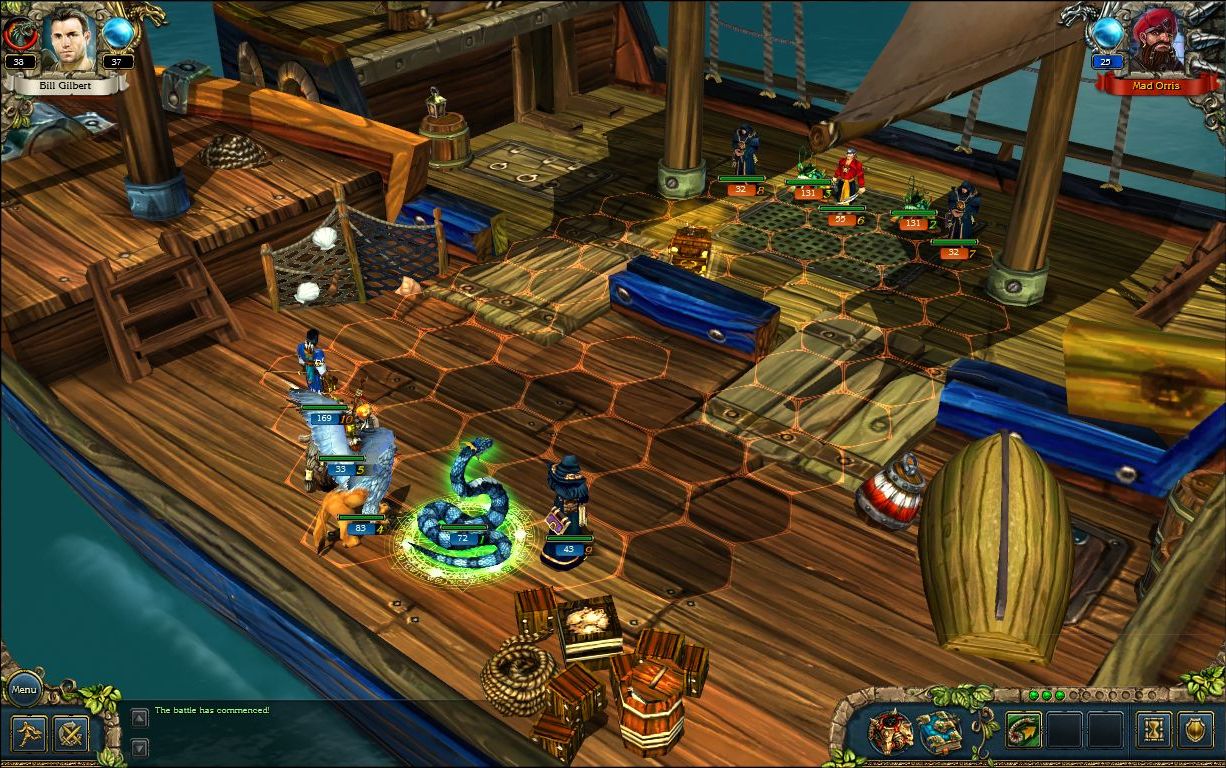
The hero has access to three skill trees corresponding to each of the three classes, and a unique foursome of demonic elementals called Spirits of Rage that can be summoned with a variety of spells and skills. "Normally in RPGs warrior classes are greatly limited in magic-wielding abilities," says Baryshnikov. "The Rage mechanics were a great addition to the warrior’s battle skills and army power."
The most memorable feature of King's Bounty: The Legend was the ability get married. Romance and marriage isn't exactly a novel concept in RPGs, but these marriages matched the game's goofy, sometimes darkly humorous tone. That pirate princess I mentioned earlier was one of the more normal brides-to-be. I could also rescue the frog princesses from the Earl and make one my wife, and there was the potential for her to transform back into a frog if our love ended.
Then there's the unforgettable side quest where a man admits to zombifying his wife, leaving me with the option to purchase said wife, and then the further option to leave her a zombie or cure her. Either way we can have kids together, though in King's Bounty: The Legend children were rarely worth their paltry stat boosts compared to loot, and starting a family paled compared to playing the wandering womanizer. Game of Thrones has nothing on the world of King's Bounty.
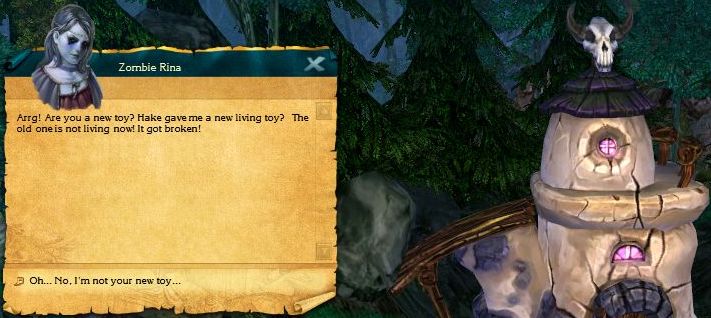
King's Bounty: The Legend proved to be a big hit for 1C Company, and was one of the most successful games ever produced in Russia. They published three sequels and an expansion pack, with the last two sequels developed internally when developer Katauri moved on to developing MMO Royal Quest. "My favorite is King's Bounty: Dark Side," says Baryshnikov, who worked on it directly. "I have a great nostalgia for games like Dungeon Keeper and I always wanted to tell the story of the 'bad guys' that are not just mindless Chaotic Evil characters but have their own dark charisma."
King's Bounty: Dark Side came out in 2014. When asked about the future of the series, Baryshnikov is excited and optimistic: "I have played thousands of hours of the King's Bounty series. I am in love with it; it definitely has a future. I don't have specific details yet, but I have a personal dream to push King's Bounty to the next level. Sometimes being an executive in a game development company really helps to make your dreams come true. So stay tuned!"
This article is part of the Class of 2008, a series of retrospectives about indie games that were released 10 years ago.

